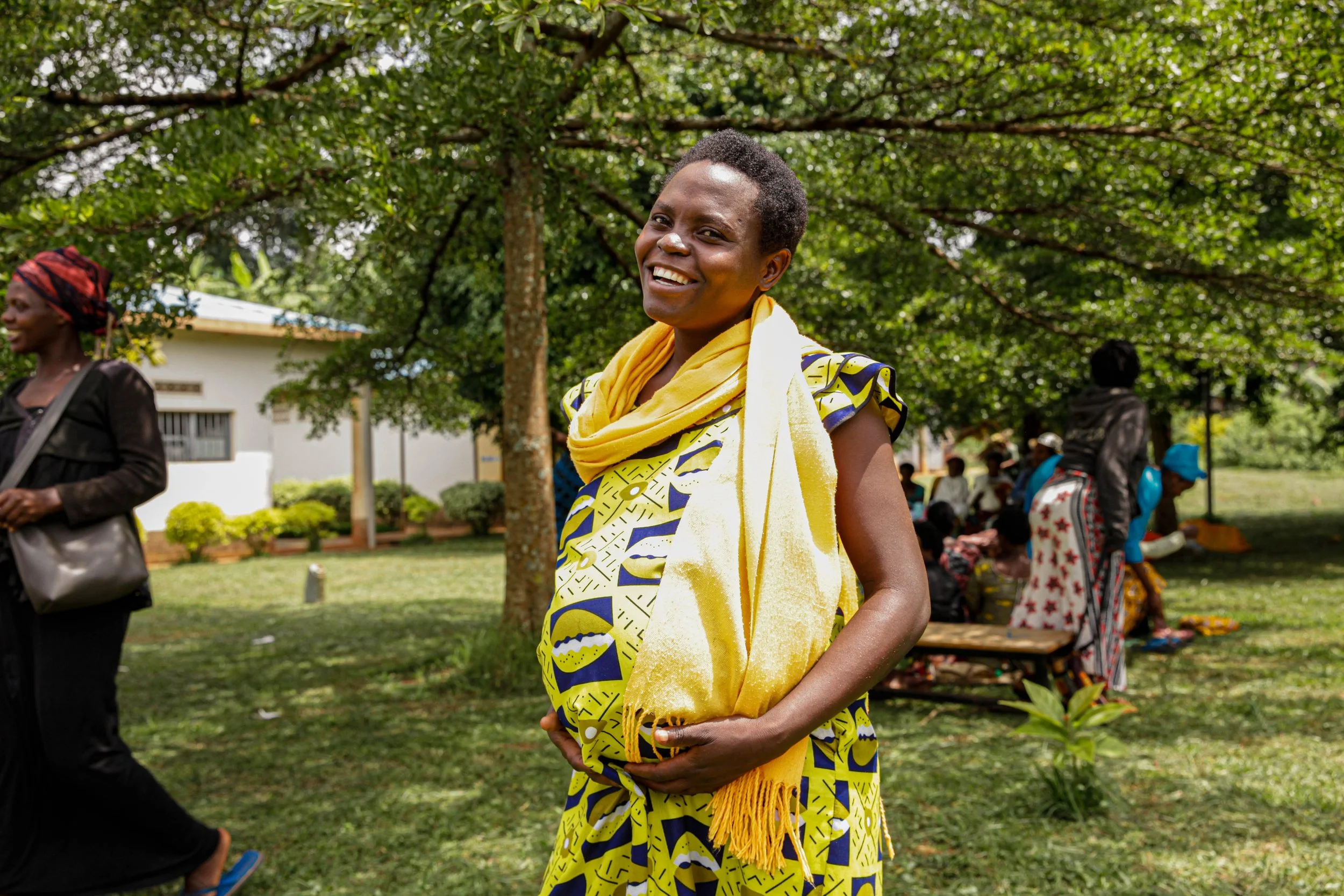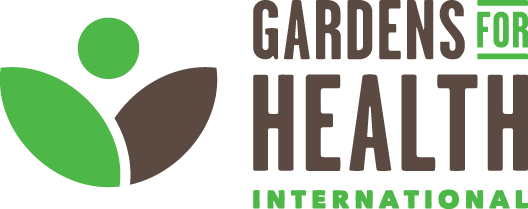
The nutritional status of women at the time of conception and during pregnancy are important, both for mom’s health, and in ensuring healthy fetal development. Maternal undernutrition contributes to 800,000 neonatal deaths annually and is a risk factor for fetal growth restriction, which is associated with a substantially increased risk of stunting at 24 months of age. Good nutrition in the first 1,000 days of life is essential for children to attain their developmental potential; between conception and age two offers a critical window of opportunity to establish a lasting foundation for health. We adapted our core curriculum to address the unique needs of pregnant women - preventing malnutrition before it even begins.
Gardens for Health recognizes the importance of teaching families to receive key agriculture, nutrition, and health education that will allow their children to thrive. We need food systems that ensure all families have access to a diverse array of nutritious foods. The Maternal Nutrition Program is inspired by feedback from program graduates of our flagship Child Nutrition Program. The Child Nutrition Program was put in action in 19 Health Clinics across two provinces in Rwanda to implement our integrated nutrition and agriculture programming for vulnerable smallholder families, reaching 3000 people annually.
Our Maternal Nutrition curriculum encourages mothers to attend prenatal care in health facilities while also addressing the factors that can contribute to malnutrition. We cover topics like the importance of prenatal visits, how to create a balanced meal, why hygiene and food safety is important to preventing malnutrition, the importance of the timely introduction of breastfeeding and complementary feeding, and postnatal care.
